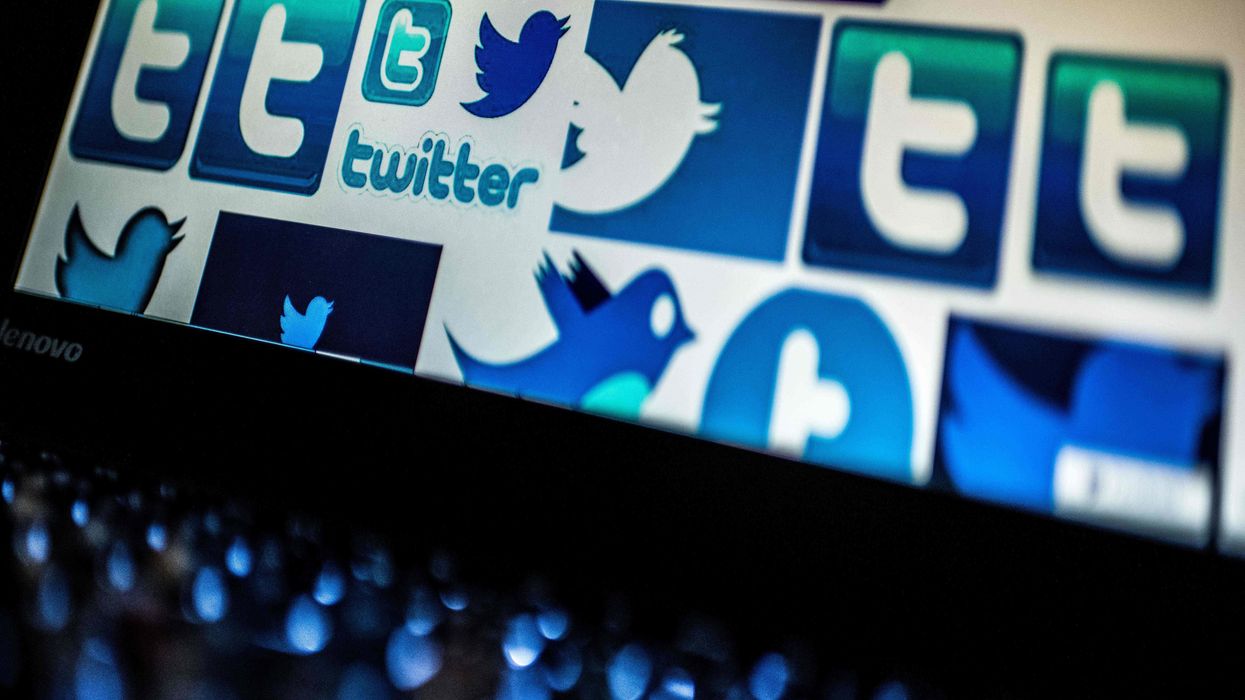
NICOLAS ASFOURI/AFP/Getty Images

Dissidents have been jailed and forced to delete their tweets or entire accounts
The Chinese government has increased its crackdown on Twitter users, according to a report from the New York Times
Twitter is illegal in China ever since the government blamed it for helping dissidents to organize a protest in 2009. But some Chinese citizens use the software to get around the country's so-called "Great Firewall." Those who do are risking imprisonment.
"If we give up Twitter, we are losing one of our last places to speak," Wang Aizhong, a human-rights activist, told the New York Times. He said he had been ordered by the police to delete tweets that were critical of the Chinese government.
Wang said that after he refused to delete his tweets, hackers linked to the government had accessed his account and deleted 3,000 of them for him.
According to the Times, at least one person was kept in a detention center for 15 days over their Twitter use. Another was chained to a chair and interrogated for eight hours.
Twitter is not the only social media site that the Chinese government censors. Networking sites like LinkedIn have also been pressured by China to remove accounts that it believes violate its strict censorship laws. After LinkedIn removed the accounts of both a British private investigator and a human-rights activist in the past two months, it issued an apology telling the Times that the company was "updating our internal processes to help prevent an error like this from happening again."
Google admitted in August that it was secretly working on a search engine that would comply with Chinese censorship laws, prompting outcry from some of its own employees.
Tourists could also be at risk if they use certain apps while in China. On Friday, the University of California warned students and faculty not to use messaging or social media apps during visits to China. Any messages sent on these apps, the college warned, could be used as evidence to justify an arrest.
"While the use of WhatsApp, WeChat and like messaging apps are legal in China, we have seen in the latest espionage charge of a U.S. citizen in Russia where the use of WhatsApp has been cited in his espionage charges," the university said in an email, according to CNN.